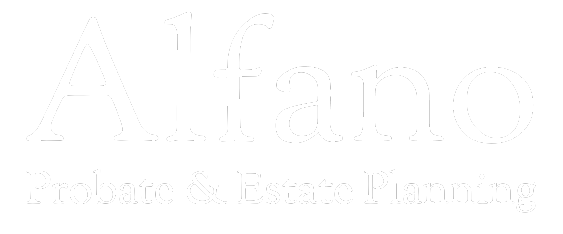Beneficiaries, as designated individuals or entities, hold significant entitlements in a trust arrangement. Within the state of Missouri, beneficiaries are granted specific rights that protect their interests and ensure the proper administration of the trust. These rights empower beneficiaries to actively engage in the oversight and management of the trust.
Right to Information:
Beneficiaries possess the fundamental right to be well-informed regarding the trust's administration. They are entitled to receive a copy of the trust document upon request. This document serves as the governing framework outlining the terms, conditions, and purposes of the trust, enabling beneficiaries to understand their entitlements and the trustee's responsibilities. Furthermore, beneficiaries are entitled to periodic reports and updates on the trust's activities, including investments, income, expenses, and distributions.
Right to Accounting:
Beneficiaries can request a detailed accounting of the trust's financial activity. This accounting provides a transparent and comprehensive overview of the trust's financial transactions. Beneficiaries are entitled to scrutinize the income generated by the trust, expenses incurred, and distributions made to them and other beneficiaries. The accounting serves as a valuable tool for beneficiaries to assess the trustee's management of the trust's assets and ensure that distributions are made in accordance with the trust's terms.
Right to Receive Distributions:
Beneficiaries have a fundamental right to receive distributions from the trust according to the terms of the trust document. Distributions represent a share of the trust's income or principal that is allocated to beneficiaries. These distributions provide financial support to beneficiaries and fulfill the settlor's (the individual who created the trust) intent in establishing the trust. The timing, amount, and frequency of distributions are determined by the trust document, and beneficiaries are entitled to receive their fair share of the trust's resources.
Right to Enforce the Trust:
Beneficiaries have the right to enforce the terms of the trust and hold the trustee accountable for their actions. If the trustee is not fulfilling their duties or is mismanaging the trust, beneficiaries can petition the court to intervene. The court has the authority to enforce the trust's terms, remove the trustee for cause, and appoint a new trustee who will act in the best interests of the beneficiaries. Beneficiaries can also seek legal counsel to assist them in understanding their rights and options in situations where the trustee's actions are questionable or in breach of fiduciary duties.
Right to Object to Trustee Actions:
Beneficiaries have the right to raise objections if they believe the trustee has acted improperly or breached their fiduciary duties. This right allows beneficiaries to address concerns regarding the trustee's decisions, investments, or actions that may adversely affect the trust's assets or their entitlements as beneficiaries. Beneficiaries can file objections with the court, which will review the matter and determine whether the trustee's actions were in the best interests of the trust and its beneficiaries.
Asset Collection & Distribution:
Asset Collection & Distribution involves the trustee gathering all trust assets and distributing them to beneficiaries according to the terms of the trust. In Missouri, this process typically includes:
- Identifying Trust Assets: The trustee must locate and take control of all trust assets, which may include real estate, bank accounts, investments, and personal property.
- Valuing Assets: In some cases, the trustee must obtain valuations or appraisals of trust property.
- Paying Debts and Taxes: Before distributing assets to beneficiaries, the trustee must ensure that all outstanding debts, taxes, and expenses of the trust are paid.
- Distributing Assets: Once the debts and expenses are settled, the trustee distributes the remaining assets to the beneficiaries as specified in the trust. This can be done in lump sums, over time, or in the form of specific assets, depending on the trust's terms.
